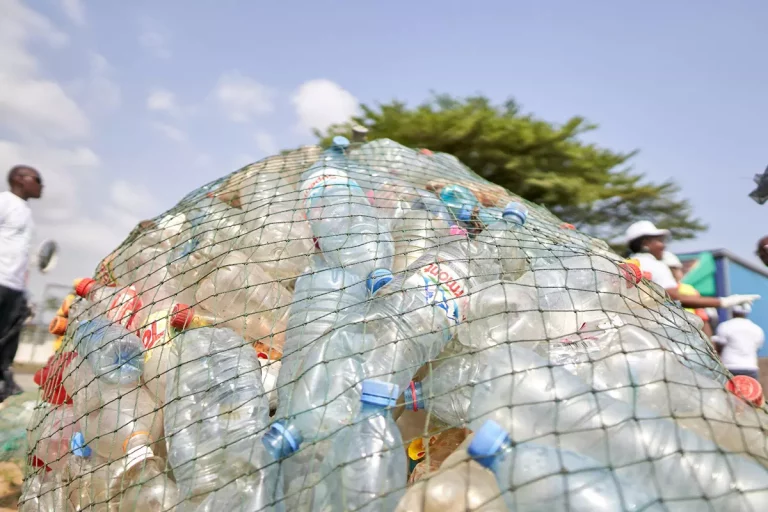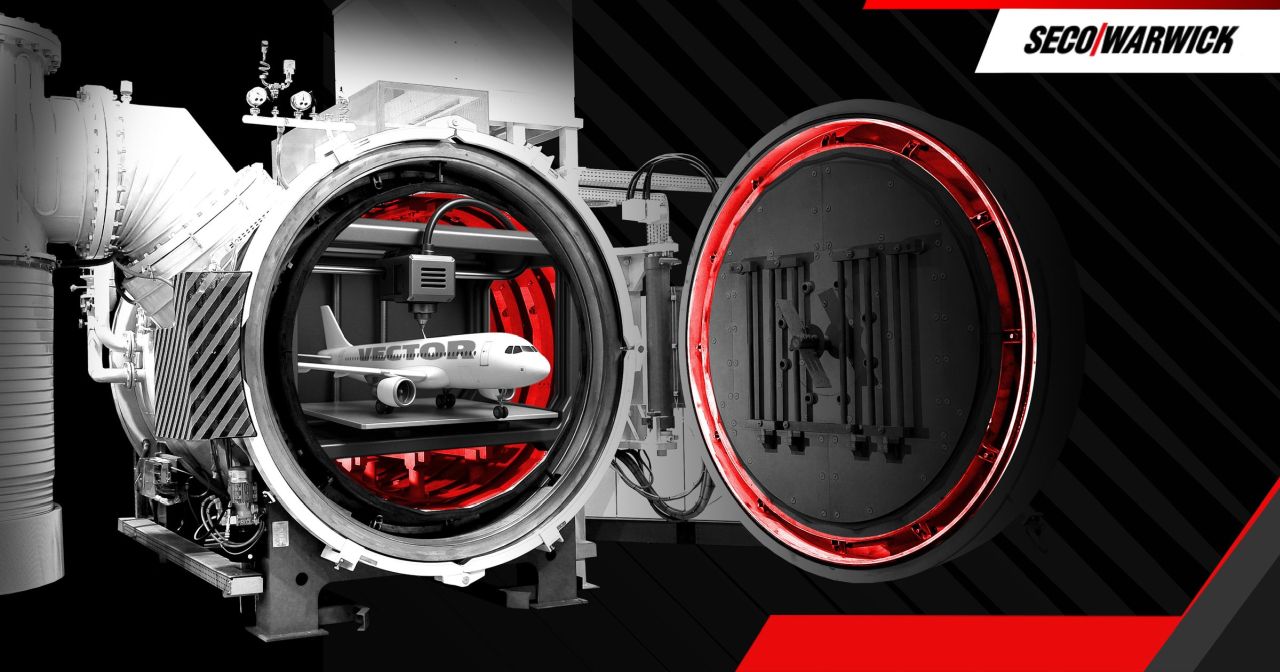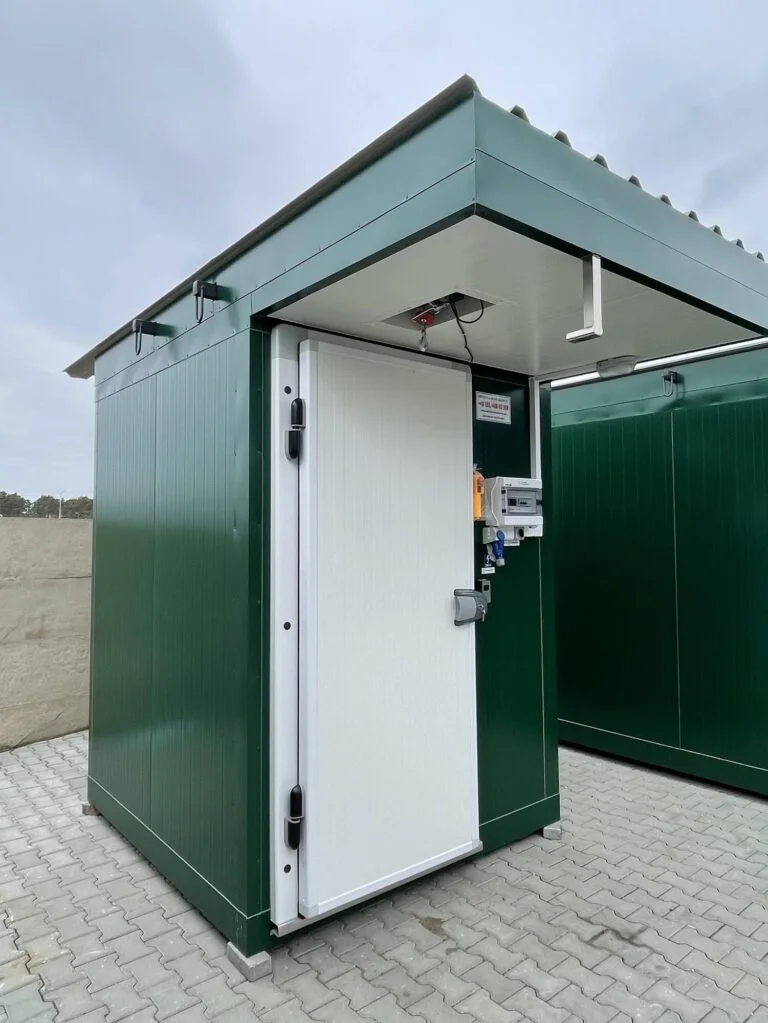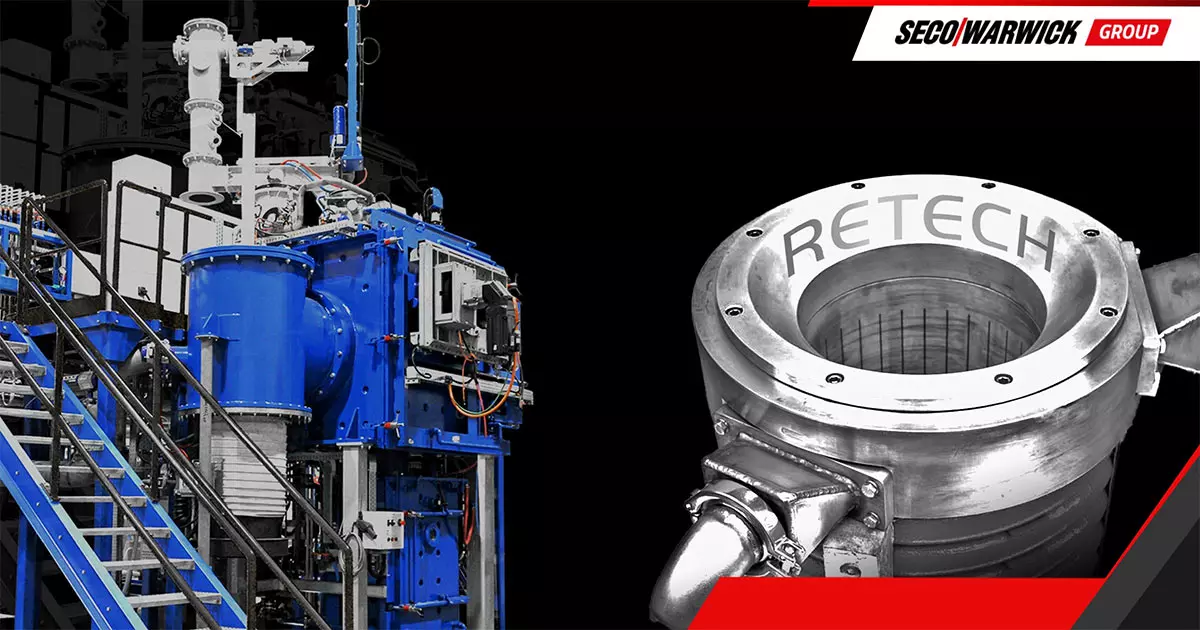Unlocking the potential of plastic recycler technology

The rise of plastic recycling
Plastic pollution has become a global crisis, with devastating effects on the environment and human health.
The increasing demand for plastic products coupled with improper disposal methods has led to overflowing landfills and pollution of waterways. In response to this challenge, the importance of plastic recycling has gained significant recognition.
Plastic recycler technology has emerged as a vital solution in addressing the plastic waste problem. This innovative technology offers a sustainable approach to managing plastic waste by transforming discarded plastic materials into valuable resources.
How plastic recycler technology works
Plastic recycler technology utilizes advanced processes to break down plastic waste into reusable raw materials. The process typically involves sorting, shredding, melting, and reforming plastic materials into new products. Various techniques such as mechanical recycling, chemical recycling, and biodegradation are employed to achieve efficient plastic recycling.
Mechanical recycling involves sorting and cleaning plastic waste before melting and reshaping it into new products. Chemical recycling utilizes chemical processes to break down plastic polymers into their original monomers, which can then be used to create new plastics. Biodegradation technology employs microorganisms to decompose plastic waste into harmless byproducts.
The benefits of plastic recycler technology
Plastic recycler technology offers numerous benefits for both the environment and the economy. By diverting plastic waste from landfills and incinerators, it helps reduce pollution and conserve natural resources. Additionally, recycling plastic reduces the need for virgin plastic production, leading to lower energy consumption and greenhouse gas emissions.
Furthermore, plastic recycling creates economic opportunities by generating revenue through the sale of recycled materials and reducing waste management costs. It also fosters innovation and investment in recycling infrastructure and technologies, driving job creation and economic growth.
Challenges and opportunities
Despite its benefits, plastic recycler technology faces several challenges that hinder its widespread adoption. Limited infrastructure, lack of awareness, and insufficient government support are some of the key barriers to effective plastic recycling. Additionally, the complexity and diversity of plastic materials pose challenges for recycling processes.
However, these challenges also present opportunities for innovation and collaboration. Investment in research and development can lead to advancements in recycling technologies, making them more efficient and cost-effective. Public awareness campaigns and policy initiatives can promote recycling practices and encourage sustainable consumption habits.
The future of plastic recycling
The future of plastic recycling looks promising with ongoing efforts to improve technology and increase recycling rates. Innovations such as smart recycling systems, blockchain-enabled traceability, and decentralized recycling facilities are transforming the recycling landscape.
Moreover, collaborations between government, industry, and civil society are crucial for implementing comprehensive recycling strategies and achieving a circular economy for plastics. By harnessing the potential of plastic recycler technology, we can mitigate the environmental impact of plastic pollution and create a more sustainable future.
Plastic recycler technology holds immense potential in addressing the challenges of plastic pollution and advancing towards a circular economy. With continued innovation, investment, and collaboration, we can unlock the full potential of plastic recycling and pave the way for a cleaner, greener planet.
Let’s embrace the power of technology to transform plastic waste into valuable resources and build a more sustainable future for generations to come.









